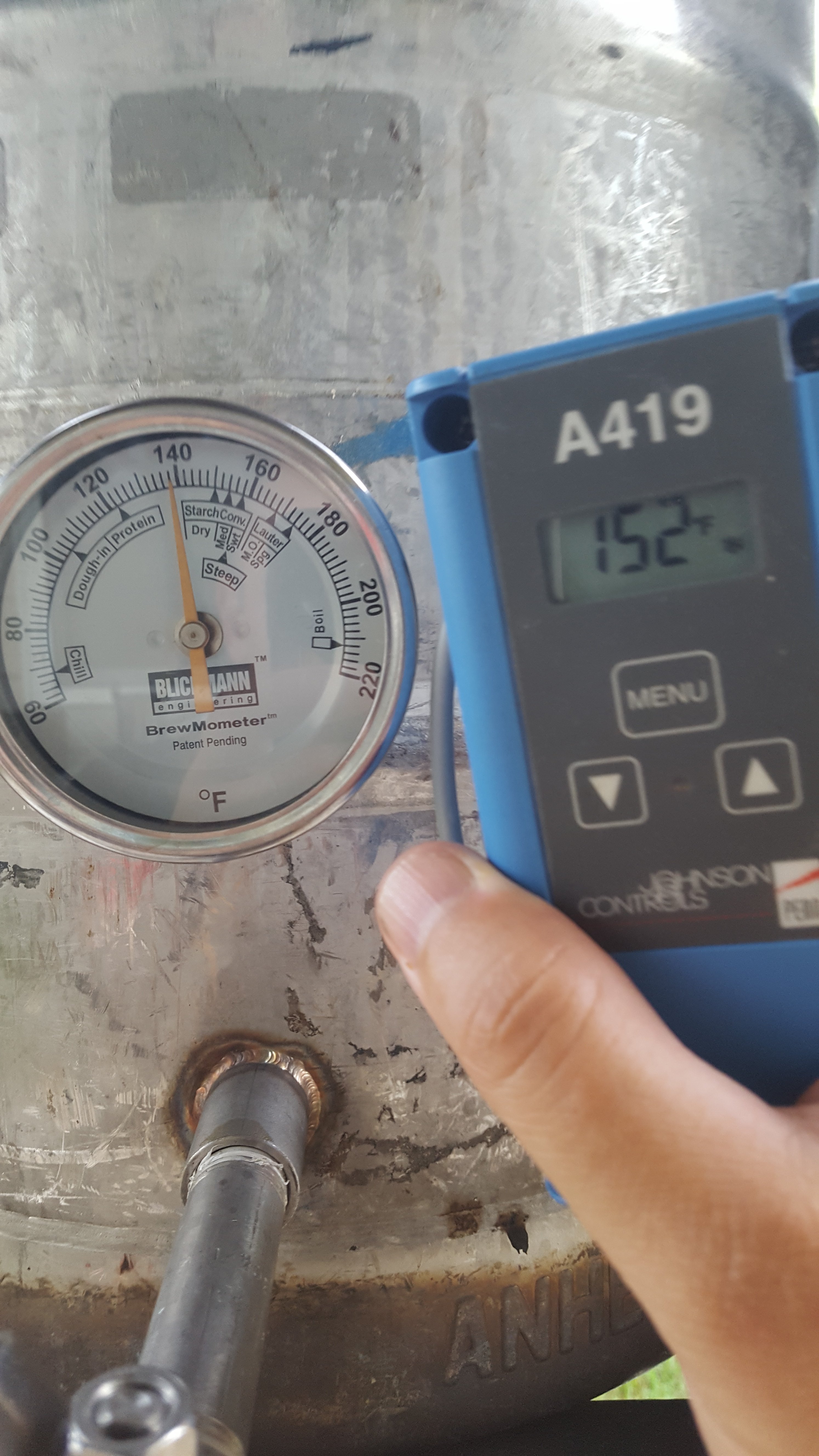VikeMan
It ain't all burritos and strippers, my friend.
- Joined
- Aug 24, 2010
- Messages
- 5,968
- Reaction score
- 6,216
In terms of my water I used. I used 6 gallons RO, 3 gallons house water in the mash, then sparged with all RO Water. I don't know what is in my water. Thats why I like to dilute it with RO. Is this a bad idea? Should I go straight RO, then add my 2 tsp Calcium Chloride 1 tsp Gypsum. ( I got this mineral ratio from Gordon Strong book). I always used 5.2 in the past, with RO/ House water blend in the mash.
If you don't know what's in your water, building from distilled or RO is definitely a better idea (or find out what's in your water). The amount and type of salts (and sometimes acids like lactic or phosphoric) depends on your desired target pH, your preferences, the grain bill, and the base water.
If you decide to go down the water treatment path, get a mash pH calculator. My favorite standalone calculator is MpH, which is a free download. If you want an integrated brewing spreadsheet, BrewCipher (also free) includes the MpH models embedded in its water calcs.
ETA:
MpH link
BrewCipher link












































![Craft A Brew - Safale BE-256 Yeast - Fermentis - Belgian Ale Dry Yeast - For Belgian & Strong Ales - Ingredients for Home Brewing - Beer Making Supplies - [3 Pack]](https://m.media-amazon.com/images/I/51bcKEwQmWL._SL500_.jpg)















